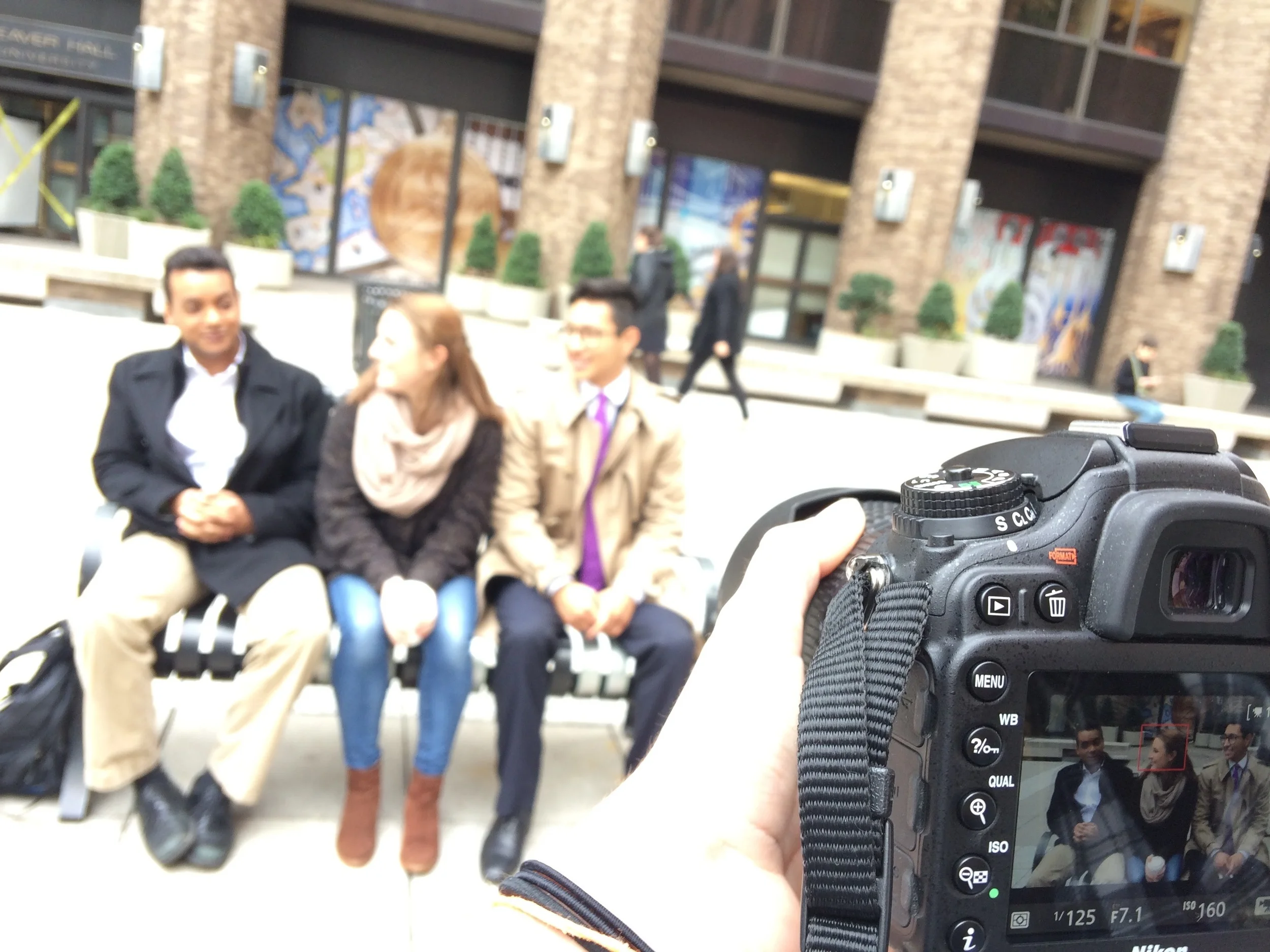Waste Disposal in Accra, Ghana
/by Lydia Cap
Hi! I’m Lydia, and I’m a research assistant here at Return Recycling. I spent this past January to May living/studying/working in Accra, Ghana. I’m interested in the politics behind healthcare distribution and how they are influenced by the environment; it was because of this interest that I found myself touring Old Fadama, a slum in Accra built on top of a lagoon and infested with waste.
Old Fadama, more popularly known as Sodom and Gomorrah after the biblical cities, sits on top of the Korle Lagoon and next to a large waste disposal site. Through one of my classes I had the amazing opportunity to take a tour through the neighborhood, led by local chiefs. This community is comprised of struggling families who have taken over privately-owned land to build homes and businesses with the hopes of fulfilling their livelihoods. Their health, however, is suffering due to close proximity to mountains of garbage. The lagoon on which they live is choked with debris ranging from e-waste to ordinary plastic bags. Children play in the garbage and cows walk through town to reach the trash, where they graze for any scraps of food intermingled with household and industrial waste. Most of this garbage will eventually be burned to create room for new additions because there is no efficient system in place to deal with trash; this is mainly a result of inadequate funding for public services. Recently this trash has contributed to disastrous floods during Ghana’s rainy season. In July, large amounts of rainfall combined with drains in the Korle Lagoon choked with waste led to deadly floods and fires.
I know what you’re thinking--how does this affect me? Well, if you want a direct link, some of the United State’s e-waste ends up in the Korle Lagoon; your old desktop computer could be in Ghana. More generally, I’m telling you about Old Fadama because it emphasizes the idea that out of sight should not mean out of mind. In the United States we have companies that take our garbage away weekly or bi-weekly; it rarely piles up to the point where it becomes a nuisance. But just because we don’t have to look a garbage piles doesn’t mean they don’t exist. Garbage has to go somewhere, and in the case of Old Fadama it is right next to people’s homes and has become a focal point of the community.






















